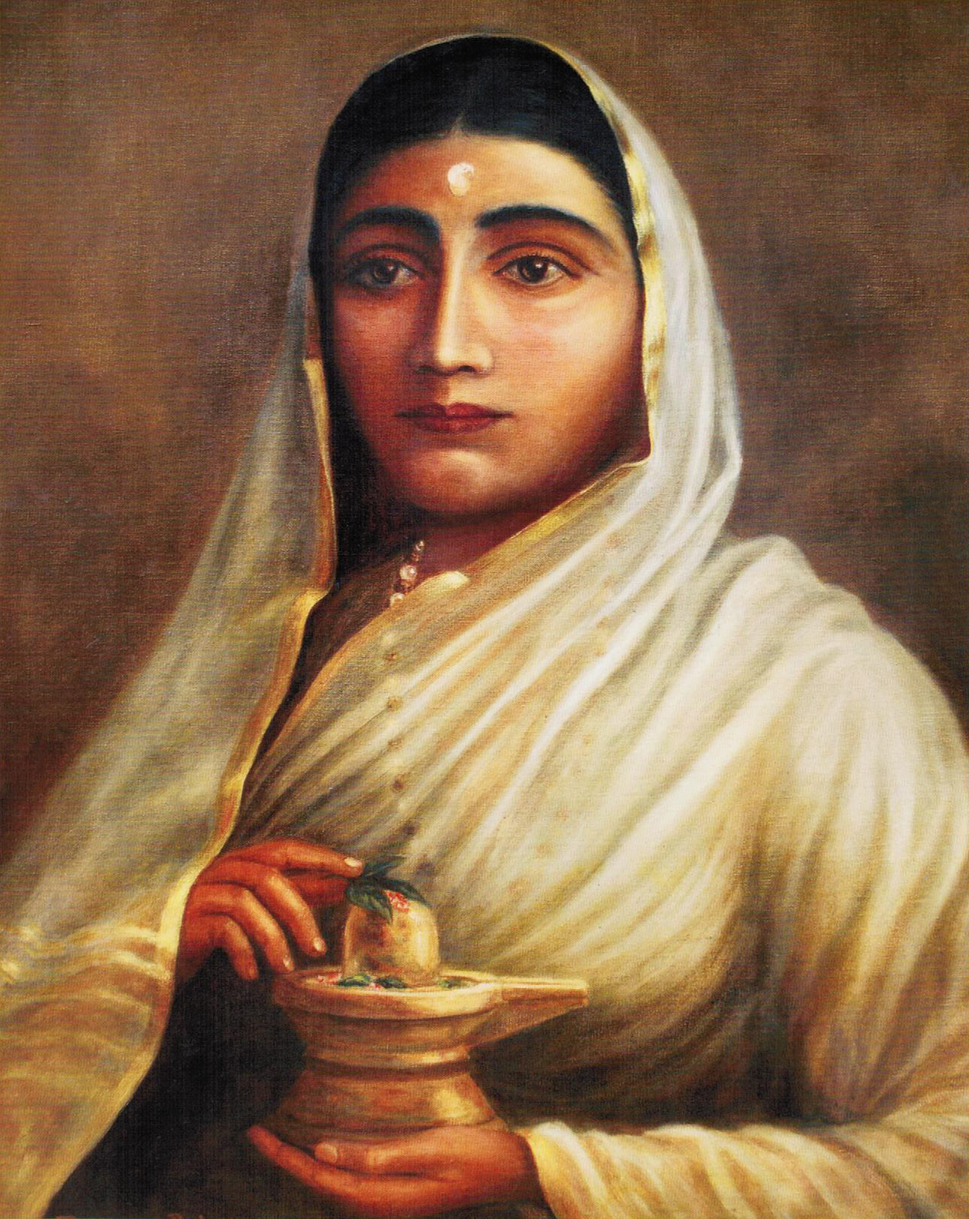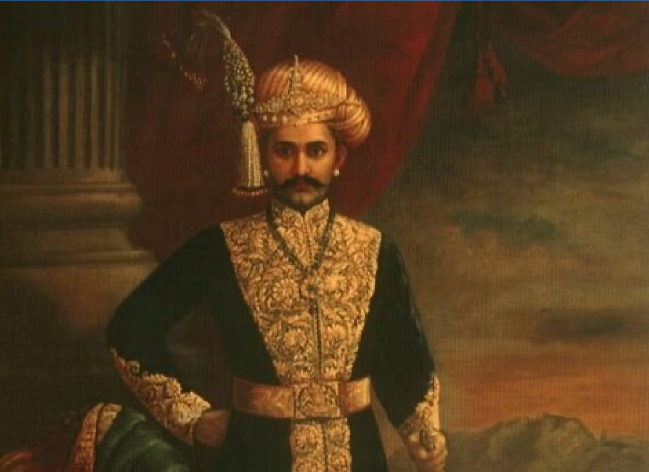
History
“South India, Where History Is Not Just A Tale But A Living Legacy Echoing Through The Ages”
The Gaekwads of Baroda
Founded in 1721 by Pilaji Rao Gaekwad, the Gaekwad dynasty ruled Baroda until its merger with India in 1948. Maharaja Sayajirao Gaekwad III commissioned the Lukshmi Vilas Palace in 1890, showcasing a keen interest in the arts.
Today, Maharani Radhika Raje and Maharaja Samarjitsinh Rao Gaekwad uphold their family’s philanthropic traditions as custodians of the Lakshmi Vilas Palace.
The Holkars of Indore
The Holkars, a storied dynasty of Indore, emerged under Malhar Rao's leadership in the 18th century. Maharani Ahilyabai Holkar's benevolent rule enriched Indore with temples and forts. Their legacy endured through Yashwantrao Holkar's resistance against British forces in 1818. Despite changing political landscapes, the Holkars' descendants contribute to Indore's cultural heritage, ensuring their enduring mark on this vibrant city.
The Maharani of Travancore
Founded by King Marthanda Varma in 1729, the Royal House of Travancore endured until 1947 when it merged into modern India. The current titular Maharajah, HH Rama Varma, directly descends from Maharani Lakshmi Bayi through a matrilineal system.
Though his role is ceremonial, he and his wife own Aspinwall Ltd, Kerala’s leading spice manufacturer, and are custodians of the affluent Padmanabhaswamy Temple. As the saying goes in Kerala, “He who controls the spices controls the people.
The Wodeyars of Mysore
Yaduraya Wodeyar founded the Wadiyar dynasty in 1399, ruling Mysore State until 1947. Briefly interrupted by military commanders, the British restored them to power in 1799. The Wodeyars initiated groundbreaking achievements, including Asia's first electricity, English education introduction and pioneering democracy in India.
The last Titular Maharaja's absence led to adopting Yaduveer Krishnadatta Chamaraja Wadiyar, the twenty-seventh dynasty head. Known as YKC, he prioritizes social causes. Rolls Royce coined "Doing a Mysore" in honor of the Maharaja's habit of buying seven cars at once.




